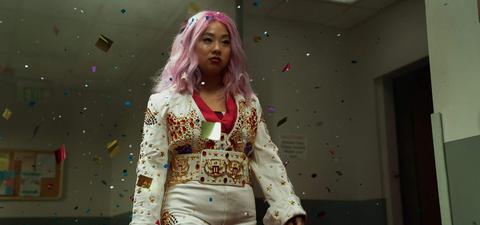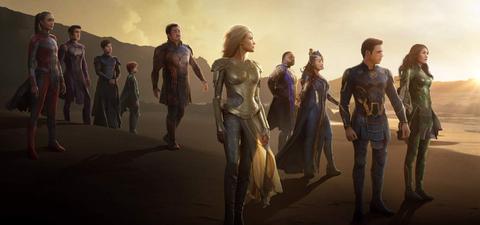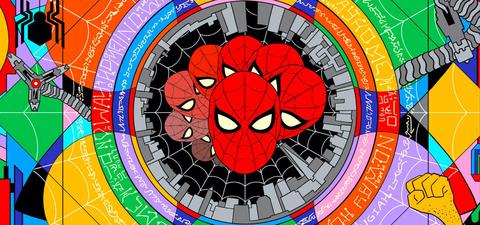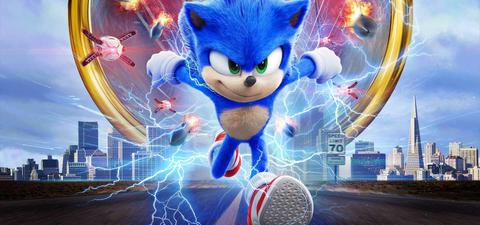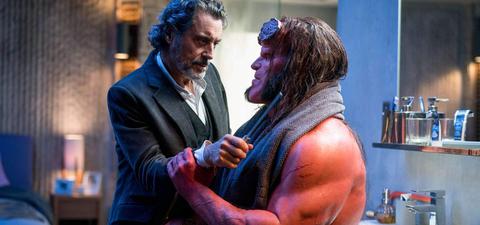J.J. is Wrong About The Last Jedi
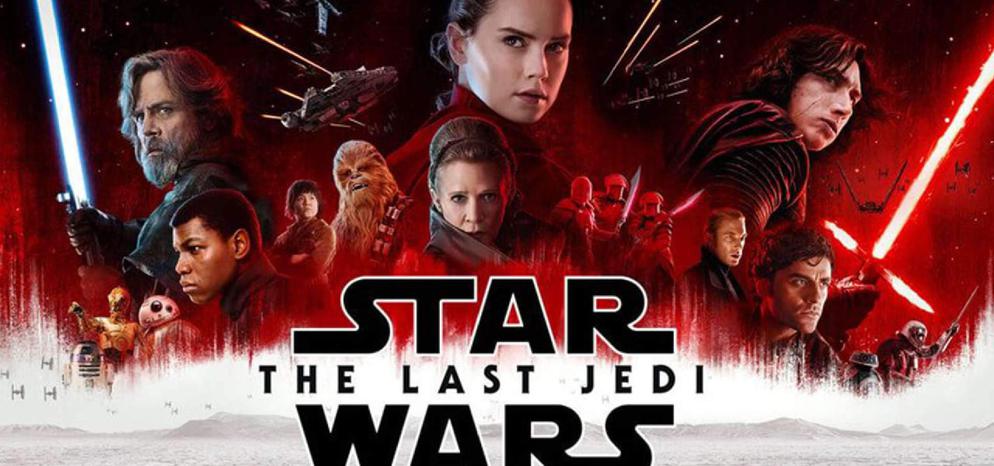
Everyone is up in arms about J.J. Abrams’ quotes about The Last Jedi in The New York Times, happy to dredge up which side of Star Wars they’re on these days. During his interview, J.J. allowed a moment of seeming off-handed candor.
After some interesting praise for Rian Johnson’s film, he followed with an afterthought. He began his world-shaking quote to The Times with a simple, “on the other hand.” J.J. continued, “it’s a bit of a meta approach to the story. I don’t think that people go to Star Wars to be told, ‘This doesn’t matter.’”
It’s a fascinating quote for several reasons. It’s a legacy director returning to the spotlight. It’s also a political film. Not in the traditional sense of politics, but this is a cornerstone film for what may be the largest media conglomeration of all time and represents some of the most meticulous construction and publicity maintenance the world has ever seen. Everyone who touches these films is vetted to an outstanding degree. It’s a rare glimpse of critique between authors working with the same medium in a way that few do. And by the medium I don’t mean film, I am referring specifically to the franchise of Star Wars as the medium in question.
There’s more shared here than tools and canvas, these authors are sharing a set of paints that only a handful of artists in all the world have touched. They’re painting with Luke Skywalker, Leia, the Rebellion, the Empire… even the force. They’re creating with the building blocks of the childhood of hundreds of millions of people.
So people care about what they have to say about each other, which they have only done a few times.
Unfortunately, J.J. is wrong in his interpretation. Maybe there’s a deeper clarity where a more accurate phrase would have been to say that people don’t go to Star Wars to feel like they’re being told, “this doesn’t matter.” But he didn’t say feel. He said that this is what The Last Jedi said about its subject matter, and, on that point, I believe he is simply wrong.
While a lot of the coverage of this quote focuses on how Rian Johnson resolved the questions left behind after J.J.’s The Force Awakens, it would be incorrect to focus on those. They are supporting events that fit thematically with the story, but Rian was so much more overt than that. He textually stated in the film that the war doesn’t matter and that one side will win some and the other will win some but at the end of the day the real winners are the people selling the medium of the war.
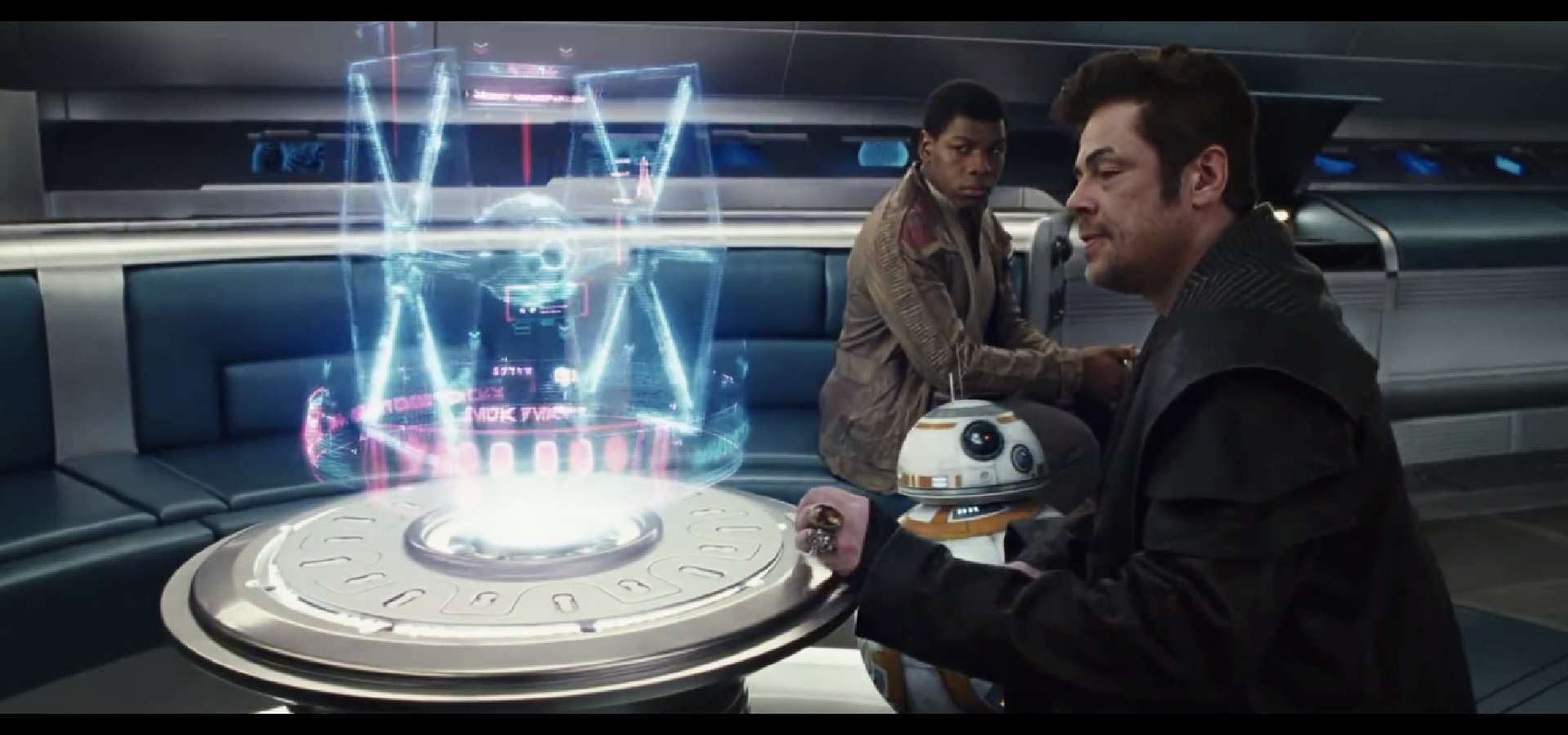 It's all a machine, partner. Live free. Don't join.
It's all a machine, partner. Live free. Don't join.Disney is selling the medium of Star Wars. At one point in time we were waiting on a slew of spin off films, TV series, games, and all of the profits of nostalgia that George Lucas had just been leaving on the table.
We’re told this when Benecio Del Toro as DJ the hacker that joins Finn and Rose as they escape Canto Bight. We’re told it again when he sells them out on the Supremacy before it’s destroyed. The clarity with which it is present in the text of The Last Jedi is astounding. And certainly, because Rian is an excellent writer and director this theme is reflected throughout the narrative. Shockingly, he had the guts to say this out loud in one of 9 core films of arguably the most influential franchise of all time.
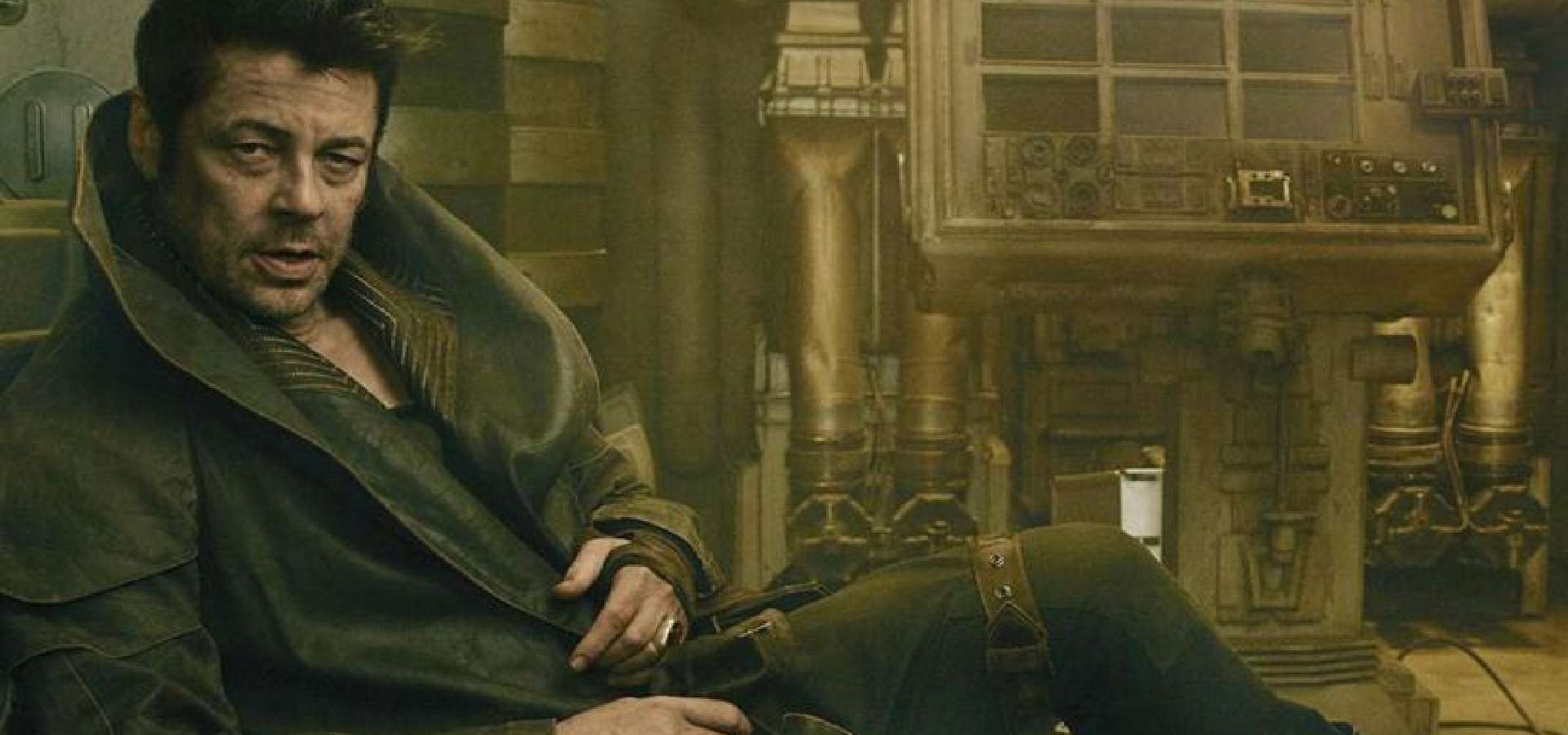 They blow you up today, you blow them up tomorrow. It's just business.
They blow you up today, you blow them up tomorrow. It's just business.Given that shock, the way this seems to say that none of it matters, and the surprise at the moxy it took to express that… it’s easy to understand how someone could miss the context of the statements that Rian made in The Last Jedi. These statements have to be viewed through the lens of the end of the film. Fortunately, Rian’s work is unambiguous.
In the stables of Canto Bight, the force (the spirit of Star Wars) glows in the hearts of children. We weren’t told that Star Wars doesn’t matter. When you take the film as a whole, Rian Johnson was telling the audience that the things that make Star Wars special live on in spite of the bleakness surrounding it. A hundred bad, mediocre, or terrible stories couldn’t ruin what’s special about this world. That’s a gift that we’ve already been given and will always surivive.
And so, J.J. Abrams is wrong. Maybe not about whether or not The Last Jedi is any good. I don’t think that’s even important, assuming any one person could be an authority on quality. What is important is that he’s wrong about what it means. We shouldn’t be divided over which one of these pieces of corporate art we like better. Rian is right that this war will go on for as long as enough people are buying it, so we have to keep in our hearts the things that made us fall in love in the first place.
Rian’s film may have been named The Last Jedi, but what he gave us was a new hope.
